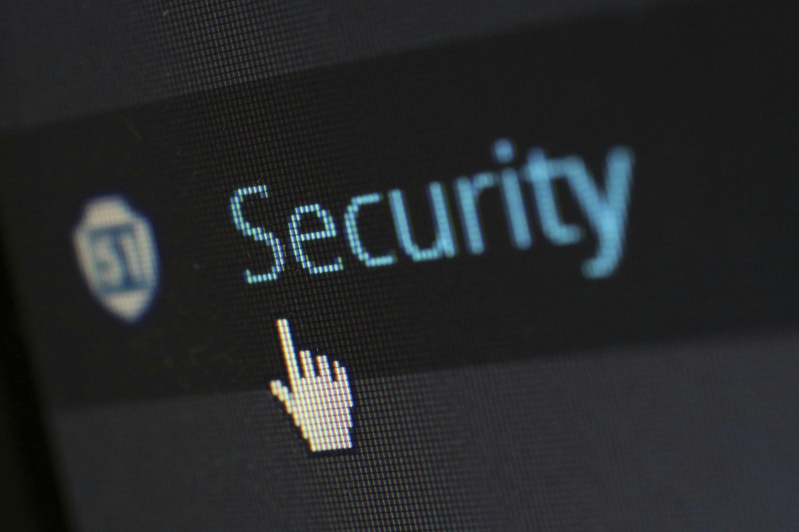
A Cameroonian man and more than 20 Chinese citizens received lengthy prison sentences and fines in a Zambian court for online fraud activities on 8 June 2024. The convicts worked for a Chinese-owned call centre in a suburb of Lusaka. The company exploited digital platforms to deceive victims within Zambia and globally from Singapore to Peru.
Two months before, on 10 April 2024, Samuel Ogoshi and Samson Ogoshi of Lagos, Nigeria pled guilty in an international sextortion case. Sextortion victims are coerced into sending explicit images or videos only to be blackmailed for more. In 2022, the Ogoshi brothers targeted Jordan DeMay of Michigan. DeMay died by suicide six hours after his online interaction with the brothers. They were extradited to the US in August 2023 and are awaiting sentencing.
Governments, businesses, and churches across Africa are also vulnerable to global cybercriminals. In July 2023, Kenya’s government fought off a cyber-attack that affected services on a key government online platform for almost a week. A group calling itself Anonymous Sudan claimed responsibility. A report by cyber-security provider Truesec, noted that Anonymous Sudan’s Telegram account lists its user’s location as Russia.
In May 2024, Malawian Presidential Advisor on Religious Affairs Reverend Brian Kamwendo spoke to faith leaders about cyber vulnerabilities at a training session organized by the Malawi Communication Regulatory Authority (MACRA) in Lilongwe.
“We are all witnesses today that the religious institutions, often assumed to operate outside the realm of technological risks, are finding themselves exposed to a new kind of threat,” Kamwendo stated. He further explained that a cyber-attack on these institutions could affect service schedules, events, or their communications channels and the impact may be felt far into the future.
“It is against this background that the Government of Malawi thought it imperative to equip religious leaders with skills and knowledge on how they can protect themselves,” he explained.
Kamwendo also stressed the importance of regular data backups to ensure safety and accessibility. He advised engaging with cybersecurity specialists who understand religious institutions and can provide tailored guidance. By doing so, religious leaders can “effectively address the multifaceted nature of cyber threats.”
In an interview with CDI, United Nations Environment Programme Information Technology Specialist Brian Mbanga explained that understanding the cyber threat landscape and implementing practical mechanisms to avoid cyber-attacks is critical. Mbanga holds an MSc in cyber security from Liverpool John Moores University, UK.
“…there’s an indispensable need to invest in the education and training of staff and congregants, equipping them to discern and thwart looming cyber threats,” he noted. This involves adopting robust cybersecurity protocols, such as stringent password policies, multi-factor authentication, firewalls, punctual software updates, and secure communication platforms.
Mbanga suggested that faith leaders should provide guidance and training to church members and students on safe social media practices. He emphasized the importance of open conversations with children about technology and its impact on their well-being.
He also noted that the church can play a crucial role in addressing these threats by tackling the underlying issues of idolatry and materialism that drive people to engage in cybercrime.





